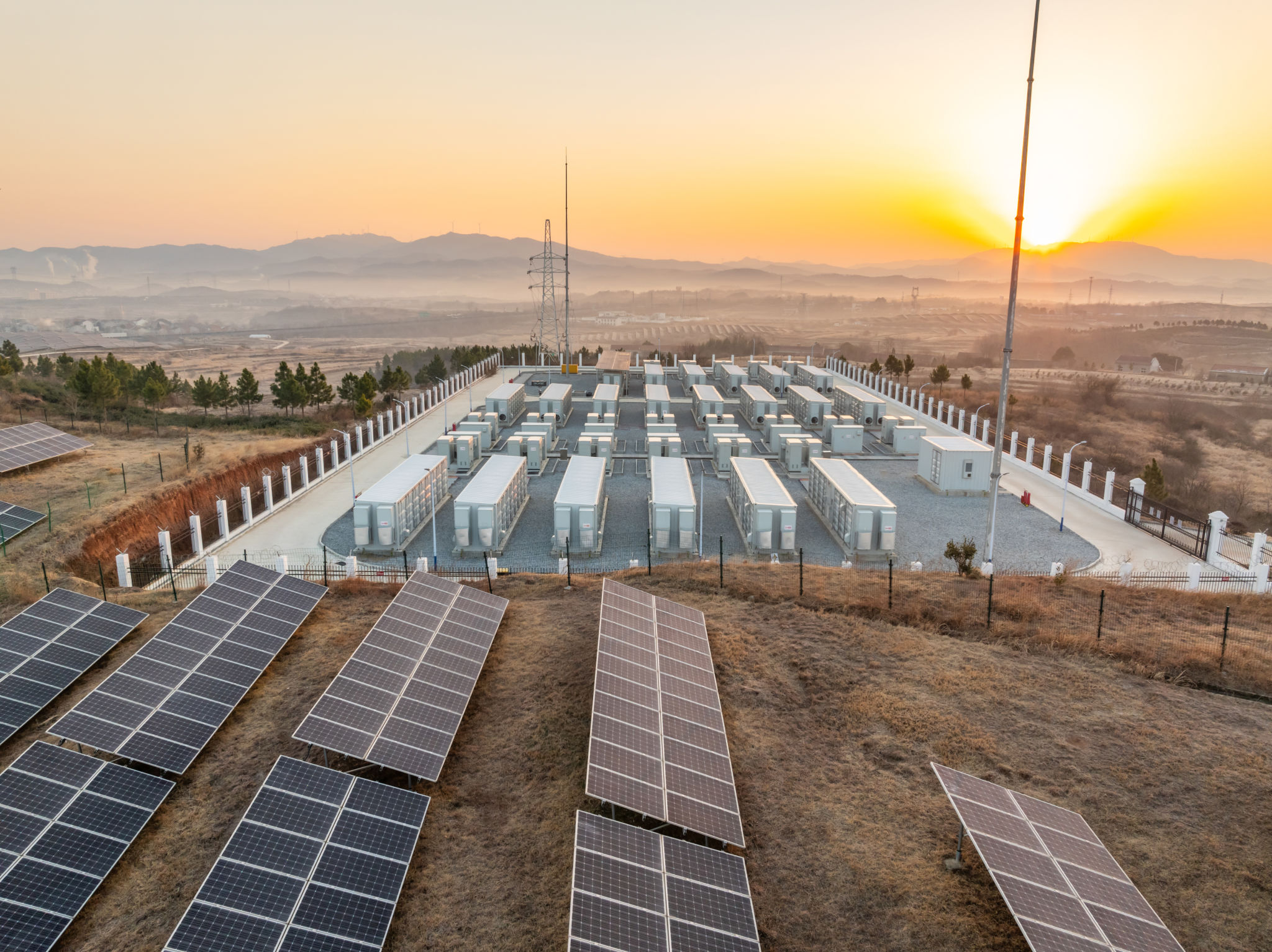The Future of Power Generation in Africa: Funding and Community Impact
Introduction
The future of power generation in Africa is a topic of growing interest and importance. With a rapidly increasing population and expanding economies, the demand for electricity is surging. As the continent looks to meet this demand sustainably, various strategies are being implemented to develop energy infrastructure. This blog post explores how funding and community impact are shaping the future of power generation in Africa.
Funding Innovative Solutions
One of the key challenges in developing power generation infrastructure in Africa is securing adequate funding. Governments, private investors, and international organizations are stepping up to provide financial support for innovative projects. Renewable energy sources such as solar, wind, and hydropower are receiving significant attention due to their potential to offer sustainable solutions. Partnerships between public and private sectors are crucial in mobilizing the necessary resources.
International bodies such as the World Bank and African Development Bank are also playing a vital role by offering grants and low-interest loans. These financial instruments help mitigate risks and encourage investment in regions that might otherwise be overlooked. 
Community-Centric Approaches
While funding is essential, the success of power generation projects largely depends on their impact on local communities. Implementing community-centric approaches ensures that projects not only provide electricity but also contribute to socioeconomic development. Engaging with local communities from the planning stages helps align projects with their needs and expectations.
Community involvement can lead to job creation, improved education, and healthcare facilities. Additionally, it empowers residents by giving them a sense of ownership over the projects. By prioritizing community impact, power generation initiatives can foster long-term sustainability and acceptance. 
The Role of Technology
Technology is revolutionizing power generation in Africa. From smart grids to energy storage solutions, technological advancements are making it possible to generate and distribute electricity more efficiently. Innovations such as mini-grids are particularly beneficial in rural areas where traditional grid extension is cost-prohibitive.
Moreover, mobile technology is enabling consumers to access real-time data on energy usage and manage payments through mobile money platforms. This technological integration not only enhances operational efficiency but also improves customer satisfaction. 
Environmental Considerations
As Africa looks towards the future of power generation, environmental considerations are at the forefront. The shift from fossil fuels to renewable energy sources is not only driven by economic factors but also by the need to reduce carbon emissions and combat climate change.
Renewable energy projects are being designed with a focus on minimizing environmental impact. This includes protecting biodiversity, preserving water resources, and ensuring that land use changes do not negatively affect local ecosystems. Such considerations are integral to achieving a sustainable energy future for Africa.
Conclusion
The future of power generation in Africa is promising, with significant strides being made in funding innovative solutions and prioritizing community impact. By leveraging technology and considering environmental factors, Africa can develop a sustainable energy landscape that meets the needs of its growing population.
As these efforts continue, it is crucial for stakeholders to work collaboratively, ensuring that projects are both financially viable and socially responsible. The journey toward a brighter, more electrified future for Africa is well underway, with opportunities for growth and development on the horizon.
